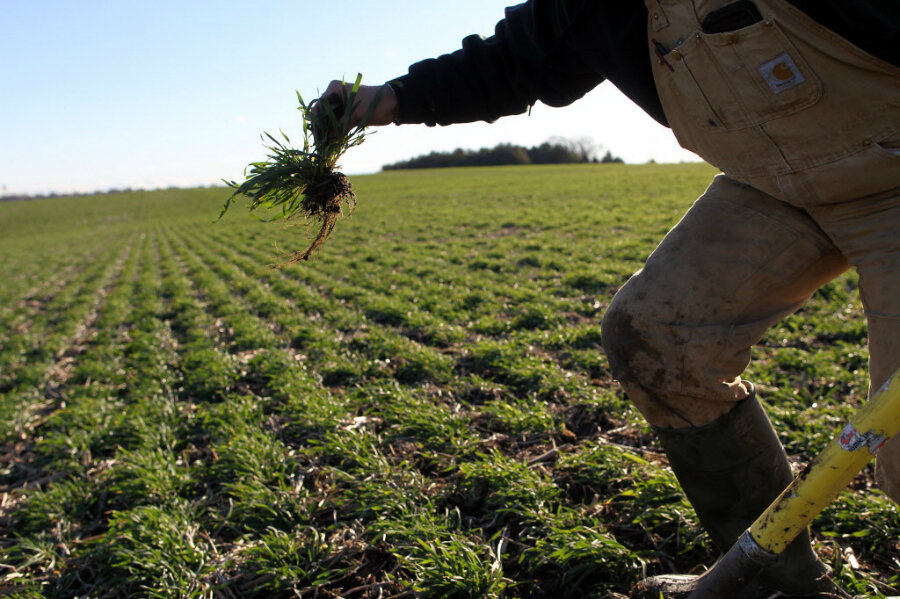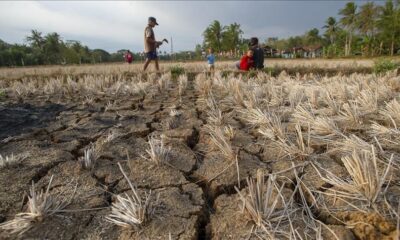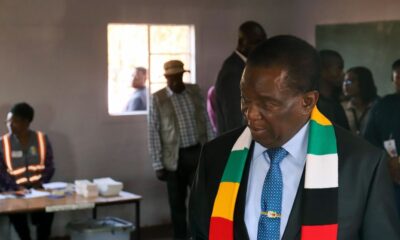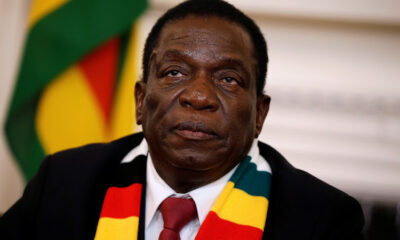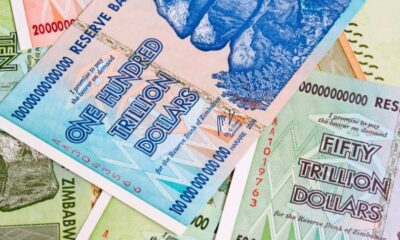The finance minister has announced that the Zimbabwean government will give $20 million this month to foreign and local farmers who lost land in agricultural invasions during the rule of previous leader Robert Mugabe at the beginning of the century.
The expenditure was included in the budget for 2024 as a part of a number of initiatives to revive the nation’s once-thriving agriculture industry and support the beginning of a long-awaited economic recovery.
When Mugabe oversaw the 2000 takeover of extremely productive farms, agriculture plummeted. Black people were forced to give up most of them when white commercial farmers in Zimbabwe stole them from them at the beginning of the 20th century.
However, a quarter of a century ago, there were also property seizures that left foreign white farmers and some Black Zimbabweans without possession.
These seizures were frequently unplanned, and spontaneous, and benefited people who had ties to the ruling Zanu-PF party.
According to Mthuli Ncube, 400 Black Zimbabweans and foreign farmers from Belgium, Germany, and other nations are among the victims receiving compensation.
In 2020, a different and significantly larger $3.5 billion program was proposed for 4,000 white Zimbabwean farmers; but, because of Zimbabwe’s financial difficulties, the funding has not been provided.
After Mugabe was overthrown in a coup in 2017, President Emmerson Mnangagwa has worked to rebuild relationships with Western countries, pay off Zimbabwe’s massive foreign debt, and boost the country’s economy. However, the results of last year’s elections, which observers deemed to be rigged, did little to reassure potential donors.
“The dialogue process is working and will help us in clearing our arrears eventually,” Ncube said.
Zimbabwe’s default on its debt has prevented donors from providing aid, and the country has been shut out of the international financial system for more than 20 years.
As a first move towards debt relief, the nation is pursuing an International Monetary Fund (IMF) staff-monitored program. According to Ncube, an IMF team will be in Harare in the next two weeks.
“A staff monitored IMF programme … is necessary to help us clear our debt arrears, which are an albatross around our economy,” Ncube said.
Twelve billion dollars are owed by Zimbabwe to the World Bank, the African Development Bank, sixteen members of the Paris Club, and additional private donors.

